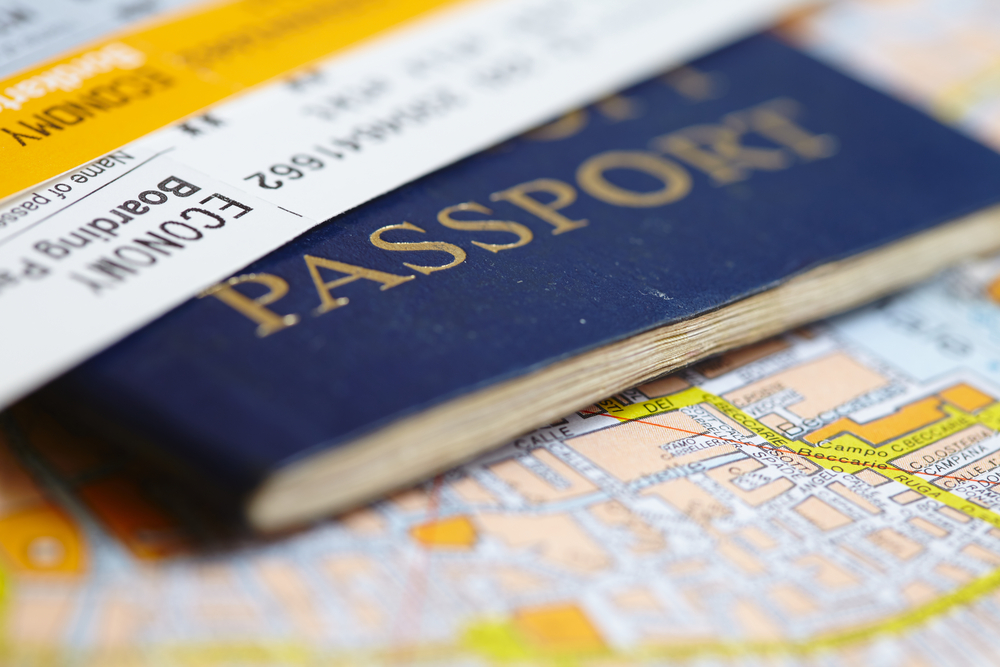Passports are essential in this day and age.
As a way to prove your identity, it’s required to travel, for some job applications or in some cases to open a bank account. However many people have begun to question the necessity of requiring gender to be identified on passports. Cis people have the inherent privilege of not needing to prove their gender for every official document, but often government bureaucracy can be difficult to navigate if one is trans or non-binary.
This topic made quite a stir this month when British MP Maria Miller and chair of the new Women and Equalities Select Committee, advocated for removing gender not only on passports but also on all official government documents. An act like this one would decrease discrimination against many members of the LGBTQ community and end requirements that people need to prove their identity to the government.
And the UK would not be the first to make such a change. Five countries (Argentina, Columbia, Denmark Ireland and Malta) don’t require certification from a doctor to alter gender on passports. Although some are more open than others, for instance, Malta allows a much swifter process while Denmark requires a six-month “reflection period.”
Other countries have more options for people who do not identify as either gender or are intersex. In Australia a third gender is allowed since 2011, and New Zealand closely followed its lead in 2012. Similarly, Malta allows for a third gender or for one to decline stating a gender. Asia, Bangledesh, Nepal and India have allowed for other genders in recognition of their hijara communities. All of these advances stand in stark contrast to other countries throughout the world that require medical proof or treatments to officially change ones gender.
Where is the United States on this issue? Currently Facebook recognizes more genders than the United States. America requires a licensed physician to write a letter certifying a person has received the appropriate gender transition treatment, a big change from the previous requirement of having a surgeon prove sex reassignment surgery, but still far behind many other countries.
By continuing these practices of tying gender to your reproductive organs, the United States forces people to use medical practitioners to prove their own beliefs in their identity. It reinforces the idea that the United States still doesn’t understand what gender as a spectrum and cannot divorce what’s between our anatomy or the sex we were assigned at birth from our gender.
Not all people who do not identify with their birth gender want to physically change genders and other times people who do cannot afford the treatment to do it. Either way neither should have anything to do with how you identify yourself on your passport. It is time for the United States and many other countries to change its policies and allow for the greater recognition and inclusion of all people, no matter the gender.




comments